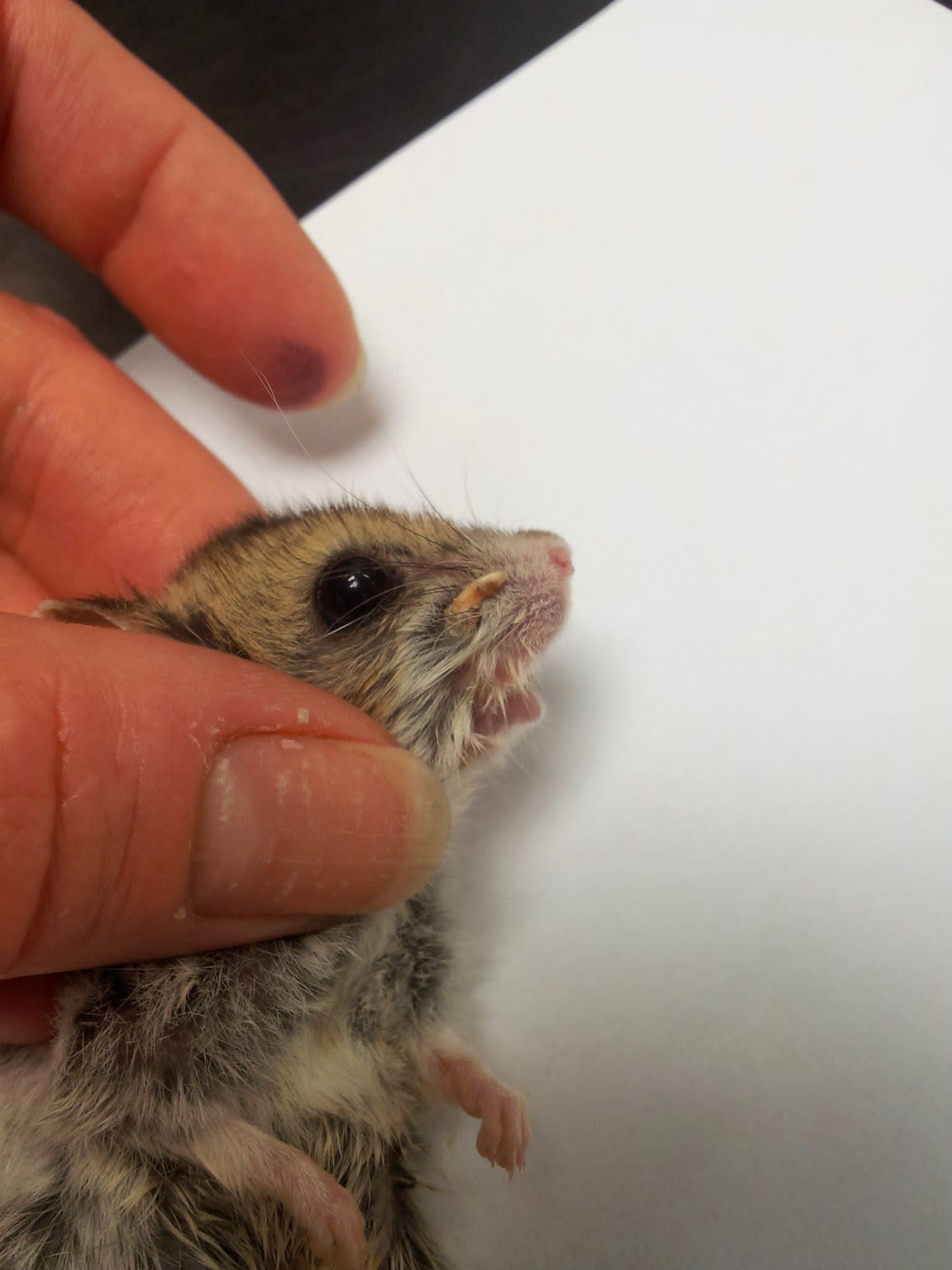Hamster Breed Lifespans
Understanding Hamster Lifespan by Breed
Hamsters are popular pets known for their adorable appearance and playful nature. However, it’s essential for prospective hamster owners to understand that different hamster breeds have varying lifespans. On average, hamsters live between 2 to 4 years, but specific breeds may live shorter or longer lives. Understanding these differences is crucial for providing the best care. Breeds like the Syrian hamster typically have a longer lifespan of up to 3 years, while dwarf varieties may live a little less than that.
Syrian Hamster Lifespan
Syrian hamsters are one of the largest and most popular breeds. They usually live between 2 to 3 years, with some individuals seeing a maximum lifespan up to 4 years with proper care. Factors affecting their lifespan include genetics, diet, and living conditions. It’s crucial to provide them with a spacious cage, a balanced diet, and regular health check-ups to ensure they thrive. Syrian hamsters can become quite attached to their owners, making their lifespan especially important for long-term planning.

Dwarf Hamster Lifespan
Dwarf hamsters, such as the Roborovski or Campbell’s dwarf, typically live shorter lives of approximately 2 to 3 years. Despite their smaller size, they still require the same level of care as larger hamsters. Regular interaction and appropriate habitat conditions can optimize their health and longevity. Additionally, understanding their social needs can prevent stress-related health issues, helping to ensure that these little companions enjoy their full lifespan.
Factors Influencing Hamster Lifespan
Several factors can directly impact a hamster’s lifespan, including environment, diet, and genetics. Creating a comfortable living space with plenty of enrichment, including toys and tunnels, helps keep them active and engaged. A proper diet rich in nutrients is critical as well; commercial hamster food supplemented with fresh vegetables can contribute greatly to their health. It’s also vital to consider the genetics of the particular breed, as some lines may be predisposed to health issues that can shorten their lives.
Diet and Nutrition
A well-balanced diet is essential for maximizing a hamster’s lifespan. Hamsters thrive on a variety of foods, as it not only provides nutrition but also stimulates mental activity. Fresh vegetables, occasional fruits, and good-quality hamster pellets should be the foundation of their diet. Avoid overfeeding sugary treats, which can lead to obesity and related health problems. Understanding the right portion sizes and feeding schedule can improve your pet’s life significantly.
Environment and Care
Providing the right environment is another influential aspect of a hamster’s lifespan. A spacious cage with various levels, hiding spots, and chew toys can enhance their quality of life. Additionally, regular cleaning of their habitat along with proper ventilation will reduce the risk of respiratory issues. Observation plays a key role, as you can quickly identify health problems if you notice any change in your hamster’s behavior or appearance.
Health Considerations for Hamsters
Regular health check-ups and awareness of common health issues can also increase the longevity of your pet hamster. Certain breeds may be prone to specific conditions; for instance, Syrians can fall prey to dental problems which can significantly affect their lifespan. Recognizing early signs of illness, such as changes in eating habits, lethargy, or abnormal grooming behavior, can prompt timely veterinary care, thus potentially extending their life.
Daily Care and Hygiene
Daily care routines include handling the hamster gently to keep them sociable and accustomed to human interaction. It is equally important to check their coat condition and signs of overgrown teeth or other dental issues. Promptly addressing these basic hygiene issues can prevent serious health complications. Ensuring they have opportunities to exercise outside of their cage can also promote physical well-being, leading to a longer and healthier life.
Socialization and Lifestyle
Hamsters are social creatures, particularly Syrians and dwarf hamsters, that thrive on interaction. Regular playtime outside of their cage and time spent handling them can reduce stress levels and encourage a longer lifespan. However, it’s essential to ensure the workspace is safe for them to explore immune from hazards that could lead to injury or escape. Responsible ownership includes an understanding of individual temperament and social needs, ensuring that each hamster’s lifestyle supports enhanced longevity.
Key Takeaways
- Different hamster breeds have varying lifespans, with Syrians typically living up to 4 years and dwarf hamsters living around 2-3 years.
- Diet, environment, and regular health checks significantly impact the quality and length of a hamster’s life.
- Engagement and socialization are critical for a hamster’s well-being, fostering happiness and health.
- Prompt veterinary care for any health concerns can extend your hamster’s life.
FAQ
1. What is the average lifespan of a hamster?
The average lifespan of most hamsters is around 2 to 3 years, though some breeds, like the Syrian hamster, can occasionally live up to 4 years with proper care. Factors such as genetics, diet, and environment play essential roles in determining these lifespans.
2. How can I tell if my hamster is healthy?
A healthy hamster should have a smooth, shiny coat and active behavior. Regular eating and drinking habits, clean eyes, and no signs of lethargy indicate wellness. If you notice any changes, including behavioral shifts or reduced activity, it’s time to consult with a veterinarian.
3. What should I include in my hamster’s diet?
A balanced diet for hamsters includes high-quality commercial hamster pellets, fresh vegetables, and occasional fruits. Avoid sugary treats and always ensure fresh water is available to maintain hydration and health.
4. How can I ensure my hamster is happy?
Provide a spacious habitat with enrichments such as tunnels, toys, and hiding spots. Regular interaction, gentle handling, and time spent outside their cage can also promote happiness and reduce anxiety.
5. Do hamsters require veterinary care?
Yes, hamsters should have regular veterinary check-ups to monitor their health and identify any issues early. It’s also vital to consult a vet if any health problems or behavioral changes arise.
6. What are common health issues in hamsters?
Common health issues in hamsters include dental problems, obesity, and respiratory infections. Keeping an eye on dental health, managing diet, and ensuring clean living conditions can help prevent these issues.
7. Can hamsters live together?
Some hamster breeds, such as dwarf hamsters, can live in pairs or groups. However, species like the Syrian hamster are solitary and should be housed alone to avoid conflicts. Always research specific breed requirements before housing settings.
